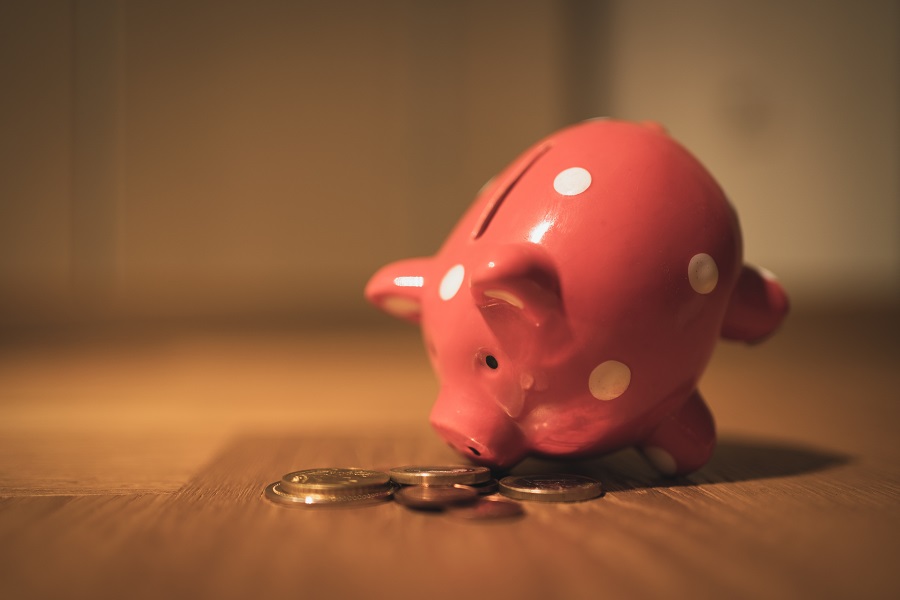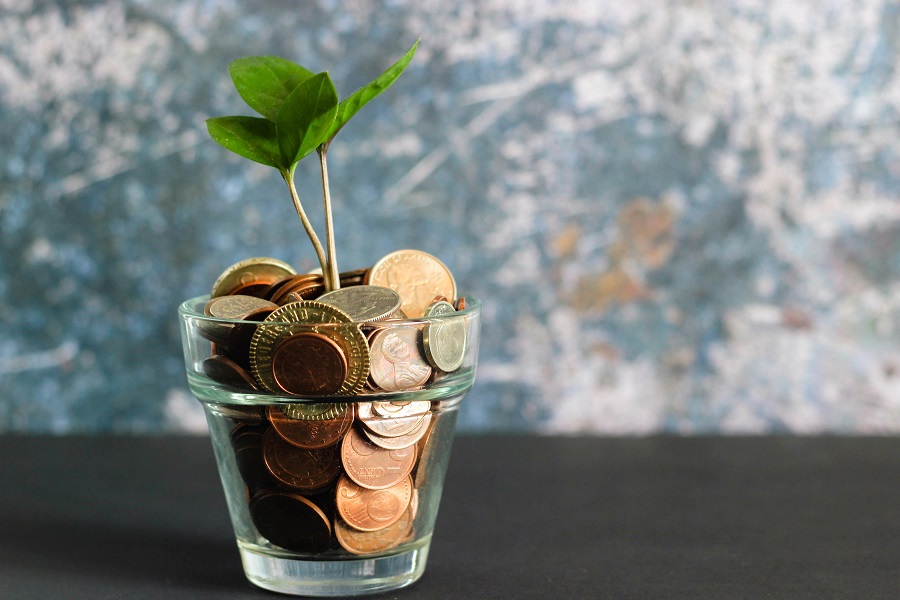
What are you saving for? Many of us know the answer to that question. For me, it’s retirement, vacations, a nicer car, and gifts for my family and friends. Others struggle to know the ‘Why’. Recently on Reddit, u/SessionSmooth362 asked r/PersonalFinanceCanada about saving. They said they were, “Saving money but not sure what I am saving for” They explained that they are 26 and recently maxed out their TFSA with about $78,000 invested. The original poster (OP) then said, “Lately I have been thinking, "OK now what?”
Canadian Reddit users delivered great personal finance advice. Here are some of the useful responses:
Canada Reddit Contributors Share the Reasons They Might Invest
It's security. Eventually freedom.
u/i-love-k9
The dream: work or not work for something else than monetary compensation.
u/ margara22
I was in your position what feels like not that long ago, maxed out TFSA and it was very exciting, but I didn't really have a plan for it. That may have been best for me - be excited to watch it grow, have no plan for it and keep it parked there. I kept at it for years and now have a significant sum across my TFSA, RRSP, non-registered accounts. I have so much security and no longer worry about money, career, etc., with whatever life throws at me. I haven't reached "financial freedom”, but I know I will be there soon enough. u/purplesectorpierre
First of all - Congrats! That’s a pretty great accomplishment. Assuming you continue to contribute your max every year, that alone can be a substantial vessel to support your retirement.
u/hopeuntilwecant

Reasons to Save Money
Some things people save for:
- Emergency fund
- Retirement
- Big trip
- Entertainment (front-row at a concert/show)
- Home downpayment
- New/replacement vehicle
- New/replacement phone
- New/replacement computer
- Education (professional, fun (language, cooking))
- Hobbies
- New/upgrading home furnishing (furniture, cookware, appliances)
Make a bucket list of things or events you'd to have or experience, do a bit of research to see what it'll cost, and set aside for that.
u/throw0101a
Make some long-term goals. Feeling like you’re progressing towards something can make it feel fun again.
u/Holiday_Earth2898

You need to find fulfilment in other things. Having money in the bank gives you options and flexibility. Maybe it’s travel, scuba diving, getting a pilot’s license and a small aircraft, a horse, photography. Find yourself some hobbies that motivate you, having cash in the bank opens doors for so much more.
u/Distinct_Pressure832
Money makes more money. You don't need an objective. Having liquidity and no debt tends to make life easier. You can buy what you need when you need it.
u/VFenix
Let it compound and it won't seem as hopeless.
u/pkknztwtlc
Retirement. You will need funds when you are 60 and if health deteriorates maybe early. u/beerdothockey
Invest in yourself! What you've done now is laid the groundwork for amazing financial security, but there's more to life than just having money. I'd recommend finding ways to invest in experiences like travelling, or even spending some money on professional development to upskill and earn more.
u/otterlyad0rable

What Does Morningstar Think about the Canada Reddit Saving Advice?
"To the OP: First off - congrats! It's no small feat to have a maxed out TFSA in your mid 20's. The TFSA is a true tax shelter in that you don't pay any taxes on the amounts that accrue, a rarity for Canadians. The TFSA also had a distinct advantage in that you can withdraw and re-deposit the following year up to the balance that was in the account prior to the withdrawal, which makes it super useful as an emergency fund that you can replenish when appropriate,” said Morningstar Director of Investment Research, Ian Tam.
He adds that though it's not particularly exciting, simply letting that investment sit and compound will likely treat the OP well over the long term. “$78,000 today grown at a conservative 5% annualized is about $127,000 in 10 years, or $207,000 in 20 years. Still not enough to retire on but certainly enough to do something interesting with," Tam said.
The one thing to remember, though, is that whatever you’re investing for, it is crucial to have investment goals.
“Goals don't have to be super specific but should be granular enough that you know how long it will be before you require the money. All major pension funds use this concept to help manage their investments (the "pro" term is asset-liability management). By setting goals, you are helping to define the amount risk that you can take on within your investment portfolio. If you have 20+ years before your goal, you can afford to take on lots of risk. On the other hand if you need your cash out in 5 years, you're likely looking at VERY different set of investments, likely those that are more conservative,” Tam said.




















